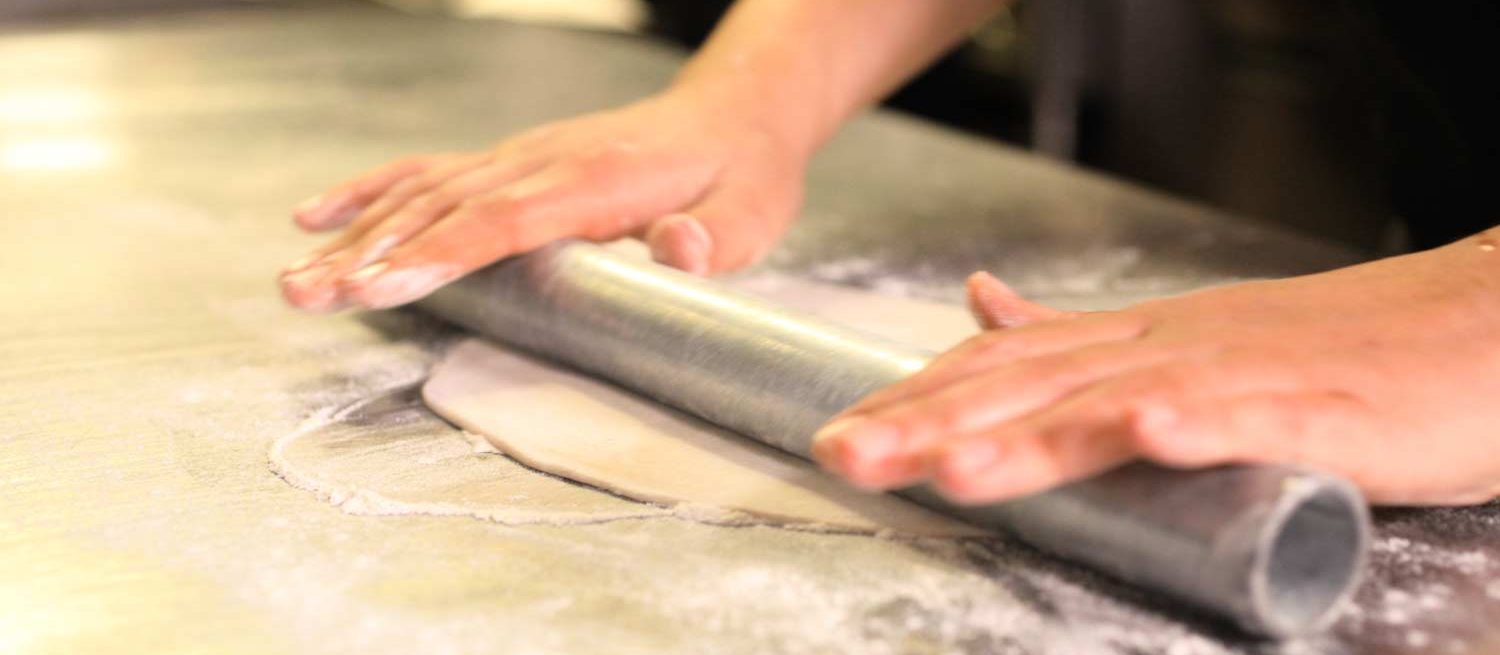MRM Talking With: Judson Holt of Lupe Tortilla
7 Min Read By MRM Staff
Since opening in Addicks, Texas in 1983, Lupe Tortilla has established itself as a concept with a unique style of made-from-scratch Mexican food. Each tortilla is hand rolled and individually pressed and every lime is squeezed by hand. This attention to detail has helped the Houston-based brand led by brothers Peter and Judson Holt to grow to more than 20 locations in Texas.
In this MRM Talking With, CEO & President Judson Holt, who trained at the Culinary Institute of America, discusses the challenges of growing the brand, how he stays innovative, staffing and creating customer loyalty.
What are some industry changes/challenges you have noted over the years?
One of the biggest changes we’ve seen is how customers are now much more educated on what they like and are also more open-minded about what they will eat and where they will eat. Options in the 80s and early 90s used to be more limited to places like Luby’s, Chili’s, IHOP, Denny’s and fast food. Today, there are eight different pho restaurants within one block of my house. This means the competition for palates has grown. Consumers used to be a little more routine – they had a burger on Monday and steak on Saturday. Now, you have to decide what specific type of Italian food you want.
The competition for palates has grown. Consumers used to be a little more routine – they had a burger on Monday and steak on Saturday. Now, you have to decide what specific type of Italian food you want.
Another major change that keeps you on top of your game is that there’s not only a bigger spectrum but more education. From when I began in 1983 until now, there’s been a huge shift, and the public is now willing to try all new types of cuisines and food. There were probably two sushi bars in Houston in the late nineties, now there are hundreds of good sushi spots in Houston. People are eating out more than they cook at home as well.
How do you manage growth while maintaining quality control?
Good systems, great training and strong hiring practices are at the core of maintaining quality control, and we put a major focus on those.
We also work to not make too many changes and stick with what we do well.
What are some traits you look for when hiring?
The most critical traits we look for are maturity, integrity and level of engagement. We really want someone who is intellectually curious and excited to learn; someone that doesn’t view this as just a job but a career.
Once those are verified, energy is another huge one as well as edge and being able to think on their feet. The ability to make tough decisions, and good employee decisions through onboarding and offboarding, along with attention to detail and having empathy is also something you have to have to manage people.
To me, talents are much more important than your work history or resume.
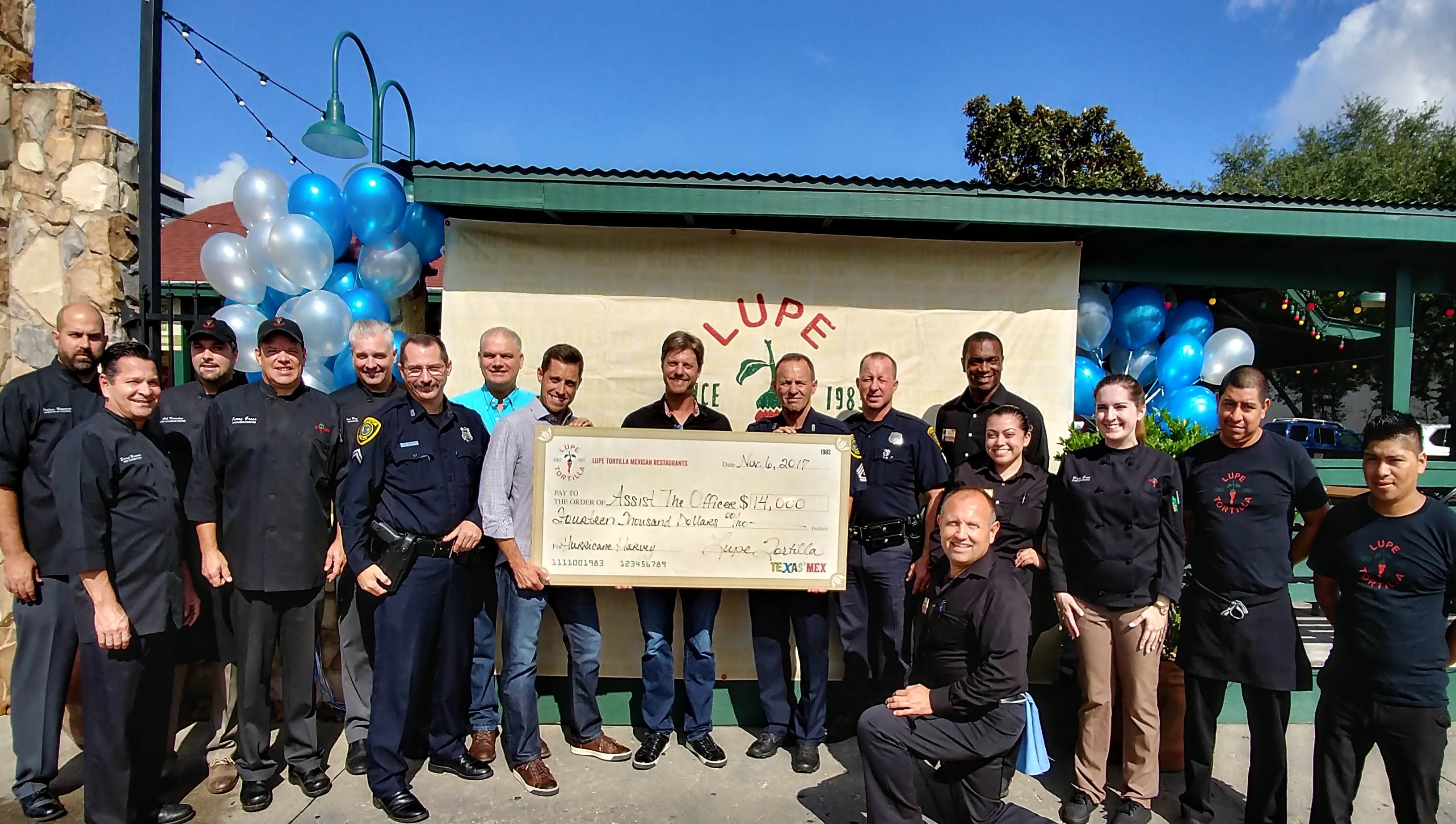
How do you instill your brand values and inspire staff?
We have a simplistic culture, and we try to make sure that’s woven into what we do every day. We’re very people-centered and we really rely on the management team to hire the right people. Step one is to hire the great employees and also keep them there. Those are the ones interacting directly with your guests and customers daily.
We work to really inspire our managers and instill our standards to help them feel empowered. We teach them that they set the pace and create the energy in what they do, and naturally, people will follow that lead. We implement an atmosphere where we are constantly striving to raise the standard and raise the bar and create a feeling of respect and trust between our team members and customers.
What are some challenges you have learned from?
There’s so many – one of the biggest is to not be in too big of a hurry in regards to promoting a new restaurant. We’ve opened some restaurants where we missed the market or made mistakes early on and had to climb out of a hole we dug for ourselves. We’ve found it’s much easier to try to control the experience in the early days so we can actually deliver on our promises from day one, as opposed to cranking the doors open and hanging on for dear life.
Another lesson is to not let new location volume go to your head. Your diners are comparing your restaurant to experiences they’ve had at places that are already open and have an established sense of loyal. That’s why we implement an invitational seating style opening in the beginning. We don’t want to overwhelm our people opening a new restaurant, especially since it’s your youngest staff going through one of the hardest processes a restaurant can face. It’s mission critical to control your turnover during that new opening. I’m seeing a lot of restaurants move toward this model as well instead of the huge grand opening for every location that takes a major toll on your staff.
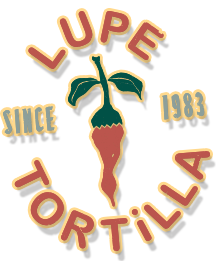
Did you ever contemplate another career?
Every day of my life. No, totally kidding. I honestly love what I do, and I know I would be bored doing anything else. I get the chance to interact with tons of different people from all sorts of fields and careers. I’ve spoken to many CEOs with less charismatic products, and I’ve never run into anyone that made me feel like they were as excited about their job as I am. I mean, I get to drink margaritas at work – it’s actually part of doing my job!
How has your CIA education helped with building the brand?
It’s helped in many ways. It gave me a great basis in food, cooking and know-how. I now have the skillset where I can walk into a kitchen and recreate things without a lot of effort.
One of the best things they teach at CIA as well is a really successful approach to teaching large groups of people how to implement systems. The hands-on teaching process I learned from there is what we use at Lupe Tortilla. It’s very tactile, the person watches then learns how to do it. It’s very effective for teaching and retaining information, and that helps take someone from dishwasher to manager.
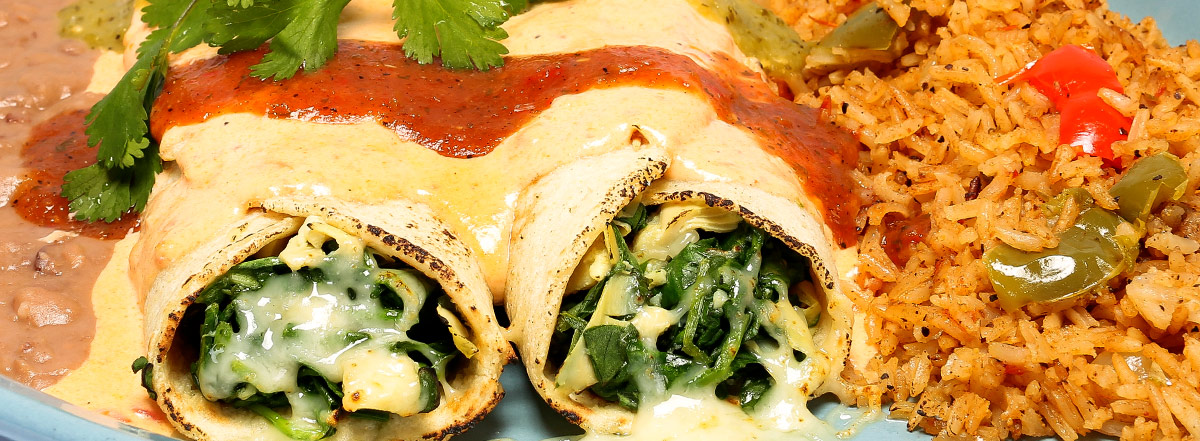
What sets the brand apart from its competition and what are some elements that have made it so successful over the years?
Consistency of product is one of our major differentiating factors. We use fresh ingredients and don’t over complicate things.
Retaining people is another reason we’ve been so successful. Conceptually, the brand is 33-years-old and we have a product that’s been in demand that long. We’ve kept the product consistent, and the quality isn’t lost. The training systems we created also give us the ability to do that.
Another reason is our slow growth. We focus on opening a nominal amount of new restaurants a year so we can reduce dilatation and keep quality top-notch in everything we do.
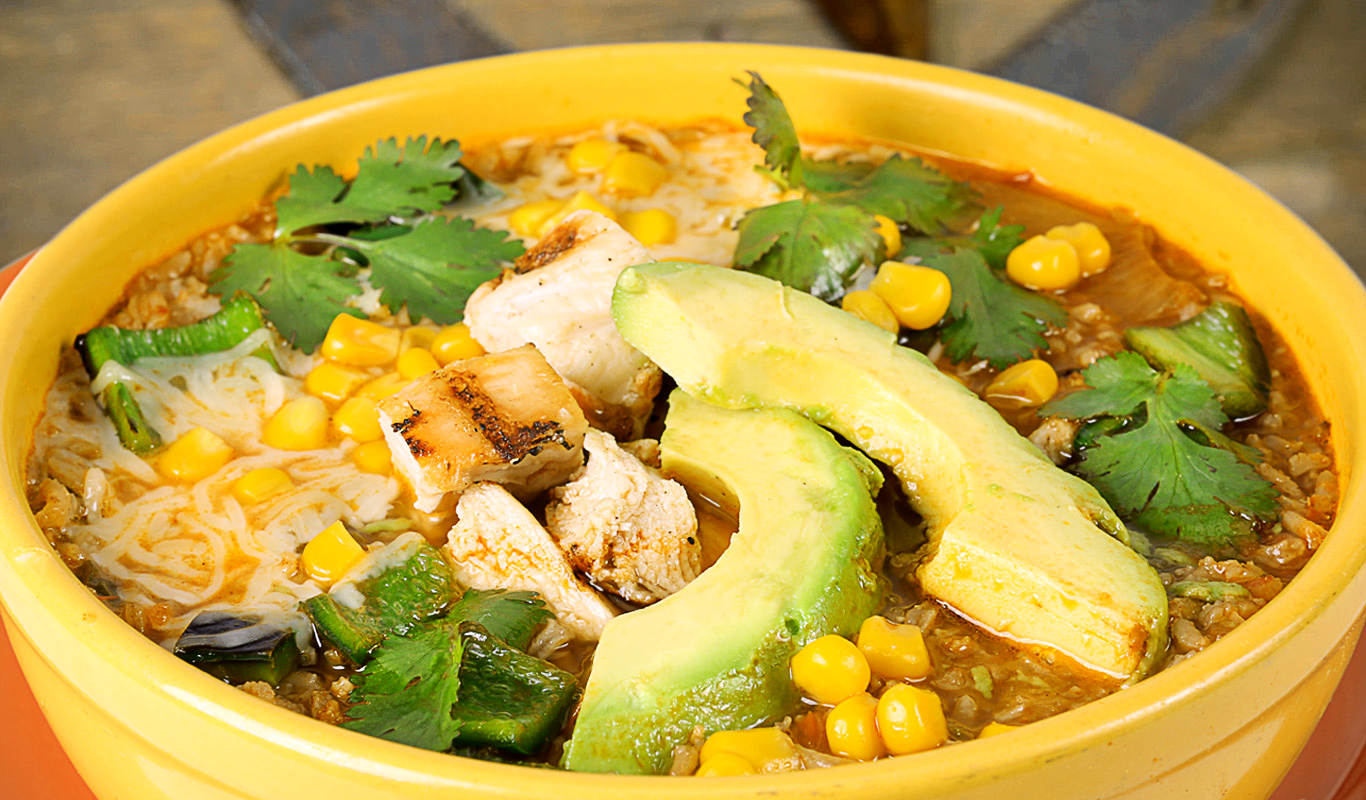
What do you love about what you do?
I really enjoy the variety of challenges in this industry and the people I meet at work. I grew up in this industry, so I understand all aspects of it. I understand personal employee struggles, and I know this can be challenging work.
The restaurant experience requires high trust on the customer’s end. … Every customer is taking a chance on us, and we ruin that trust if we don’t deliver on those promises.
Truly the greatest part of my job is watching others be successful. When you select the right person, give them the tools and training they need, it’s so rewarding to watch them grow and reach their full potential.
What are some of the operational challenges of having a from-scratch menu focused on fresh ingredients?
Supply chain wasn’t an issue for a long time, but now with the volume and amount of business we have, ensuring quality and cost at the volume we buy product can be challenging. We’re thankful to work with some really great food suppliers, and we now have to be more reliant on them being accountable to supply quality product at a good price since we’re moving at a much faster pace.
Things are a little different when you used to order $50,000 worth of skirt steak, but now you’re ordering $5 million worth. We always thought that as we got bigger, we’d be the purchaser of choice, but now we run into situations where the supplier is telling us they may not be able to supply as much as we need. It’s made us work on diversification because the supply-chain really does dictate a lot of things.
How do you stay innovative?
I love to travel and eat out a lot. I’m constantly going to see new things and learn about what other people are doing. It’s not something I do so that I can borrow those ideas, but more to keep my wits about me.
Most of our innovation is on the operations side too. I’m a total IT junkie, so I’m always looking for new techniques that help improve efficiency and streamline the number of corporate team members we hire. We want to spend more money on the people that are interacting directly with our guests, and always implement the best strategies to provide management with timely updates.
What are future growth plans?
We’re opening three restaurants in Dallas this year, and we’re excited about entering a brand-new market for us. Dallas has shown great opportunities for growth. We of course are always still looking at new opportunities in our Austin, Houston and San Antonio markets as well. We’ll continue to open locations long as it makes sense and we can maintain quality, but we’re not considering leaving Texas at this point.
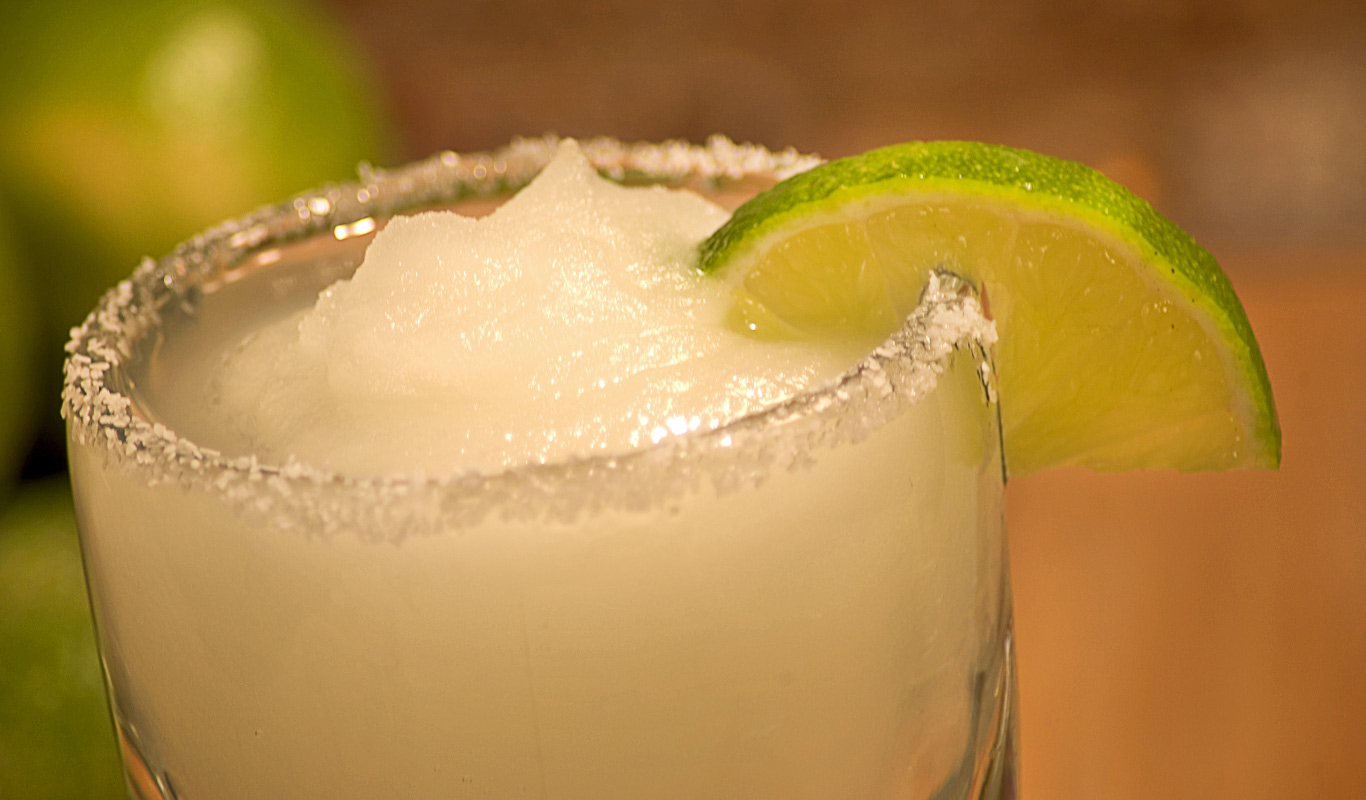
How important is technology to the brand?
Not as much to the brand itself, but to our organization it’s extremely important. We try to highly leverage technology from an organizational standpoint, but I do foresee there being a greater impact on the brand because of technology with things like order-filling kiosks, mobile ordering, etc. There’s already cutting-edge technology that exists like that – just like what they’re testing in airports.
Humans live much faster-paced lives, and they don’t always have time for or want the waiter experience. In the future, we’ll see restaurants implement the ability for people be able to order on the way, go in, eat their food and head out, without having a waiter.

In what ways, do you establish brand loyalty with guests and the community?
The restaurant experience requires high trust on the customer’s end. They walk in, look at a menu, make a decision, and have to pay for their food – even if they don’t love it. That’s something we try to have managers keep top of mind for our guests. Every customer is taking a chance on us, and we ruin that trust if we don’t deliver on those promises.
Because of our quality product and team, we’ve been able to consistently deliver on our promises to the best of our abilities over the years, and that’s helped keep our guest loyalty so strong.
Lupe Tortilla highly values our customers and the causes that are near and dear to them. We truly enjoy being part of each community and try to support them in the capacity we’re able to.

